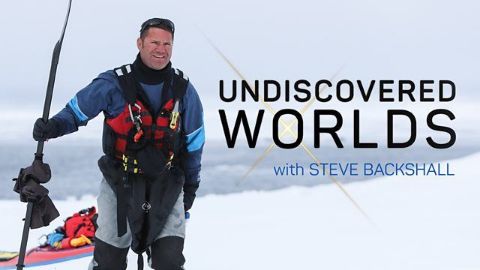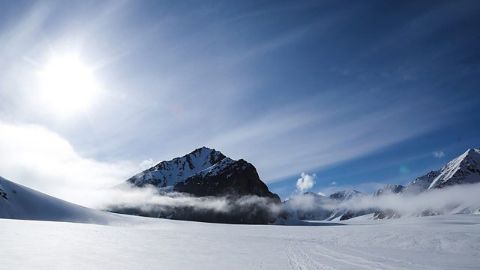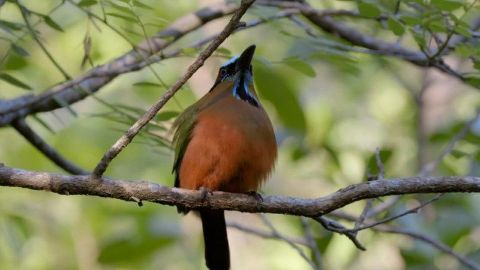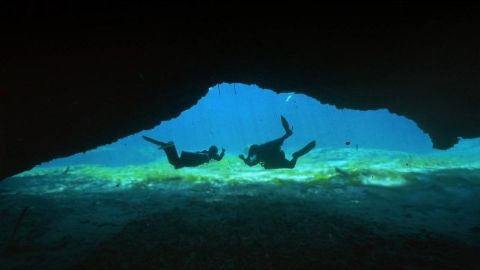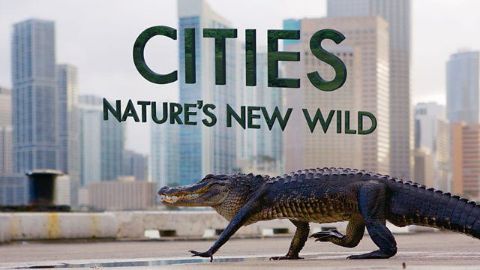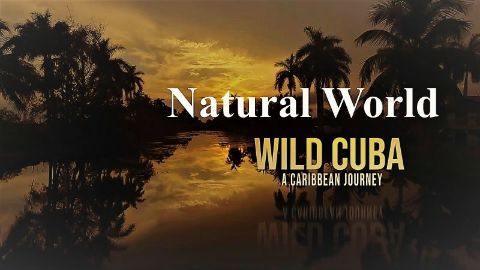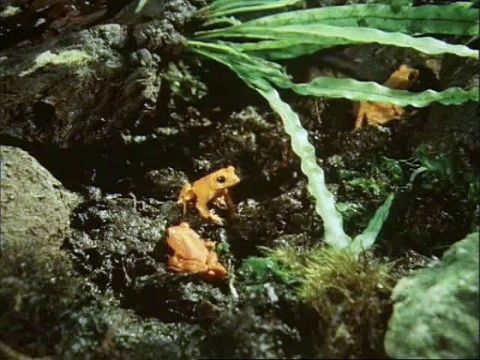Mexico Part II • 2019 • Undiscovered Worlds with Steve Backshall
Going down into these narrow flooded passageways is not for the faint-hearted but, with only an estimated one percent of the caves explored, it is an opportunity for the team to write themselves into cave diving history, by pushing further in than anyone has before. This is a challenge that tests even the most accomplished cave divers. Steve must face the terrors of being lost in an underwater silt cloud in a cave. But there is a bigger issue at stake. All life in the Yucatan depends on the fresh water in this network of caves, but it's being contaminated by human development. With every metre the team maps, it adds to the knowledge of the system, which, in turns, helps protect it for future generations.
Make a donation
Buy a brother a hot coffee? Or a cold beer?
Hope you're finding these documentaries fascinating and eye-opening. It's just me, working hard behind the scenes to bring you this enriching content.
Running and maintaining a website like this takes time and resources. That's why I'm reaching out to you. If you appreciate what I do and would like to support my efforts, would you consider "buying me a coffee"?
Donation addresses
BTC: bc1q8ldskxh4x9qnddhcrgcun8rtvddeldm2a07r2v
ETH: 0x5CCAAA1afc5c5D814129d99277dDb5A979672116
With your donation through , you can show your appreciation and help me keep this project going. Every contribution, no matter how small, makes a significant impact. It goes directly towards covering server costs.
